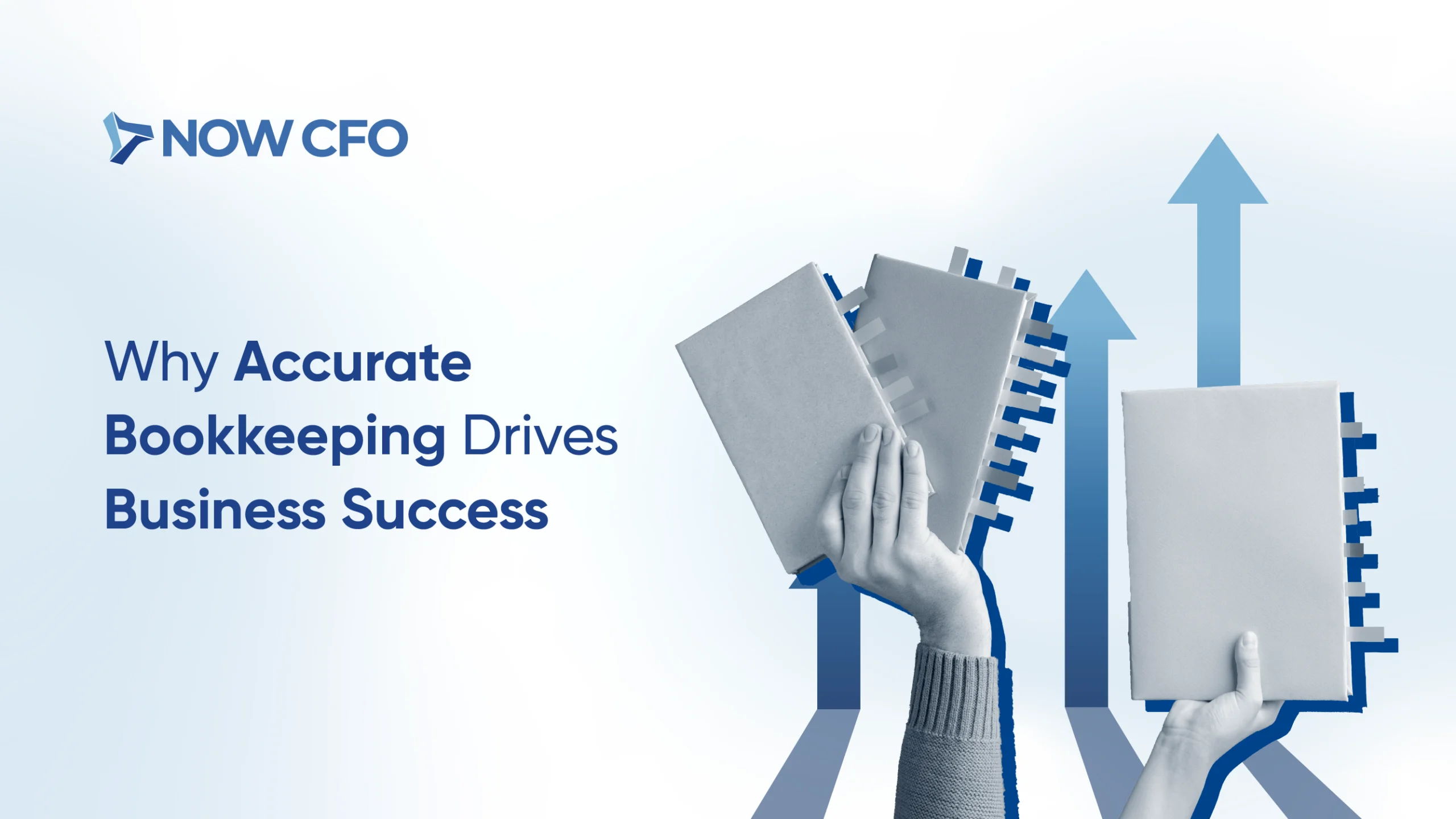
What is buy-side vs sell-side in M&A?
The process of financial transactions is split into two different segments: sell-side and buy-side. And, in the investment banking M&A context, buy and sell side mean something completely different compared to just the general financial world. It is important to know the differences between each and how they differ in terms of M&A.
As a company grows, it becomes attractive to potential investors of another company. Or a company may be looking to acquire a company that they see will help them to grow and succeed.
Sell-side in M&A
The sell-side of an M&A refers to investment banks working on engagement where the investment bank’s client is the seller. There is always going to be an investment bank or firm aiding the transaction. With M&A, sell-side means working with the buyers to find a counterparty for the sale of a client’s business.
The roles of the sell side in an M&A transaction are:
- Creating awareness about the deal from the beginning and attracting specific financial buyers (usually private equity firms)
- Providing advisory on how to go about the M&A transaction to both the sellers and financial buyers.
- Modeling and evaluating the company.
- Facilitating and negotiating any potential deal
- Advertising and selling securities.
- Generating liquidity for listed securities.
- Providing equity research analysis of indexed companies.
- Advising corporate clients on major transactions, mergers and acquisitions.
- Creating and building relationships with new businesses and corporations.
- Facilitating increasing debt and/or equity
Buy-side in M&A
Working on the buy side simply put is the client is the buyer. Specifically in M&A, buy-side means working with the buyers and finding opportunities for them to acquire other businesses.
Buyers are typically strategic or financial buyers which can include:
- Hedge funds
- Asset management companies,
- Private equity groups
- Sovereign Funds
- Private and Public Companies
Private equity firms are the most prominent players on the buy-side of the M&A world because they are constantly making acquisitions. They are always deciding on if they want to buy, hold, or sell their assets to gain profit. Deal origination represents a critical part of buy side activities for both sell side and buy side firms. Deal origination is the process of uncovering potential M&A transactions.
The main roles of the buy-side in M&A transactions are:
- Searching for potential M&A transactions through deal origination
- Modeling and evaluating the company to determine whether to go through with a transaction.
- Researching and conducting due diligence on potential transactions
- Continued management of the portfolio.
- Increasing assets under management.
- Conducting internal research on potential investment and financing opportunities.
- Identifying investors and recruiting capital to manage.
- Earning the most favorable risk-adjusted return on capital.
- Determining whether to buy, sell, or hold investments.
- Overseeing clients’ money.
NOW CFO provides a wide range or pre- and post-Merger and Acquisitions accounting services. Our expert consultants can assist with all efforts, buyer, and seller side, before and during a sale.
Get Your Free Consultation
Gain Financial Visibility Into Your Business
We provide outsourced CFO, fractional CFO, and temporary CFO, Controller, and operational Accounting services that suit the needs of your business.
- Hourly Rates
- No Hidden Fees
- No Long Term Requirements
NOW CFO provides the highest level of expertise in finance and operational accounting to accelerate results and achieve strategic objectives for sustainable growth and success.
After completing the form, a NOW CFO Account Executive will reach out and learn more about your needs so that we can pair you with the right Partner.
Learn More: Acquisition and Merger Due Diligence














